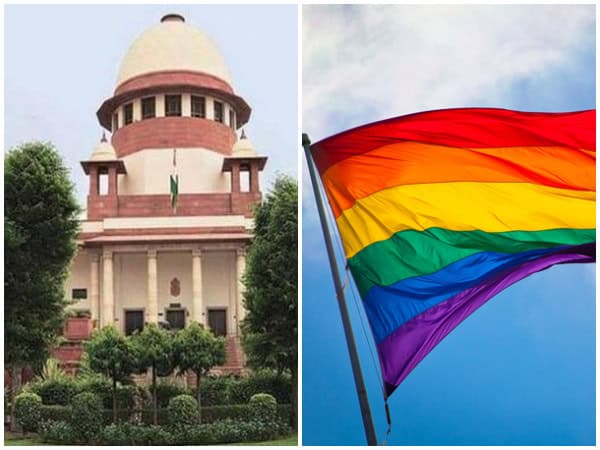New Delhi: Lesbian, Gay, Bisexual, and Transgender (LGBT) community activists have expressed their optimism as the hearing of petitions against Section 377 in the Supreme Court gets underway.
Speaking to ANI, Sonali, a transgender from Ahmedabad, said it is a basic right to liv
e with dignity.
“This is my right, I am asking for own right in my country, we too want to live with dignity. I have a lot of hopes and expectations from the Supreme Court. The National Legal Services Authority (NALSA) and WHO have said that we are unnatural, but we are also like normal people,” she said.
Meanwhile, Nisha Guluru, an LGBT activist from Bengaluru, said the community is looking forward to a remarkable decision from the Apex Court.
“This is the fight from the last 20 years which we have been fighting for our personal fundamental right even after getting so much recognition by the government, transgender as the third gender. We are still facing so many problems because of Section 377. We are expecting remarkable judgement by the Supreme Court today to get a personal recognition and to secure our personal life,” she said.
However, an LGBT activist from Kolkata, Bappaditya Mukherjee, said the upcoming election and the uncertainty of the government’s stance on the issue can be a hurdle.
“It is only a matter of time that Section 377 will go. The expectation is that the Supreme Court will undo the kind of itself created with the kind of judgement in 2013. The point is, it will take time. The government wanted to adjourn the issue as the 2019 elections are around the corner and they do not want to disturb any of the Hindutva or fundamental groups. It will depend on the Supreme Court, by this month it will come to a conclusive decision. We are optimistic,” she said.
In 2009, the Delhi High Court had decriminalised Section 377, but the order was later set aside by a Supreme-Court bench.
Categorised as an unnatural offence, consensual sexual intercourse between persons of same-sex is termed ‘against the order of nature’ under Section 377 of the Indian Penal Code (IPC), and can be punishable by life imprisonment. (ANI)

